Osteoarthritis, the most common form of arthritis, is inflammation in the joints, mainly due to a breakdown of cartilage. Osteoarthritis frequently occurs in the knees, hips, spine, and the fingers. Common medical treatments do not usually improve healing or change the path of this condition. Typical medication is aimed at decreasing pain, inflammation, and stiffness while improving joint mobility. However, nutritional supplements are being studied intensively to see if they can slow the progression of cartilage destruction and redirect the course of the condition towards actual healing.
The breakdown of cartilage is central to osteoarthritis. Cartilage is a firm but rubbery shock-absorber located at the end of bones that protects the bone and joint. With osteoarthritis, the cartilage becomes stiff, decreasing its shock-absorbing quality and causing it to gradually wear away. With increasing cartilage destruction, the bones can actually rub together causing tendons and ligaments to become stretched and painful.
Targeting specific Joint Components with Nutrition
To improve cartilage and aid osteoarthritis nutritionally, it is important to stabilize the health of the four cartilage components – collagen, proteoglycans, trapped water, and chondrocytes.
- Collagen is the major protein constituent of cartilage, giving cartilage its strength and structure. Collagen is also found in the hair, skin, nails, facial structure, bones, ligaments, tendons and muscle, where it supplies a framework for other building components.
- Proteoglycans are made up of glycosaminoglycans (GAGs) such as chondroitin sulfate and hyaluronic acid. These GAGs are lubricants for the joints. The GAGs give their proteoglycans the compressibility and shock absorbing capacity allowing them to weave through collagen. This woven structure traps water which makes up approximately 70% of the total mass of healthy cartilage.
- Water– when you use your joints, some water from the cartilage enters the joint and coats this tissue allowing the joint to bend. When you relax the joint, the water is reabsorbed into the cartilage allowing the joint to resume its resting shape.
- Chondrocytes are cells that manufacture both collagen and proteoglycans in the joint cartilage.
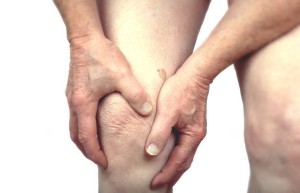 Collagen Addresses All Aspects of Joint Health
Collagen Addresses All Aspects of Joint Health
Hydrolyzed collagen from New Zealand is a pure source of complex nutrients that may aid the health of all four cartilage components. Hydrolyzed collagen supplies both collagen-specific peptides and GAGs. After conducting some research on peptides, it can be said that collagen specific peptides may actually stimulate repair of the joint differently than the well-known nutrients chondroitin and glucosamine (two important GAGs). A high quality collagen also supplies a minimum of 20% GAGs as chondroitin-sulfate (composed of complex chains of glucosamine), keratan sulfate and hyaluronic acid.
The chondroitin sulfate is the most abundant GAG in the human body and is an important component of both joint and bone structure. Keratan sulfate is a GAG foundin bone and is also found attached to chondroitin sulfate to create joint tissue. Hyaluronic acid is the major GAG component of the joint lubricating and shock absorbing synovial fluid. Hydrolyzed collagen is also the richest source of the primary amino acids that constitute collagen, cartilage and connective tissue, bone, tendon, ligament, joint, muscle, hair, skin and nails. These amino acids are glycine, proline, hydroxyproline, lysine, and hydroxylysine.
Hydrolyzed collagen has been used in Europe for decades and studies show it may improve both arthritis and osteoporosis. In German studies, seven to ten grams of hydrolyzed collagen protein per day for one to three months decreased the pain and stiffness of arthritis while improving joint function. Both the glycosaminoglycans and the collagen specific peptides, found in the hydrolyzed collagen, have been shown in a number of studies to help heal the joint – independent of other modalities.
It is important to point out that collagen production slows as we age. Collagen is the superstructure for tissues throughout our body so the sagging of our face, thinning of our hair and wrinkling of our skin can be traced to slowed collagen production. Studies show that supplementation with hydrolyzed collagen may speed up our creation of collagen.
Herbs that are Collagen and Joint Supportive
There are a number of herbs that have demonstrated consistency in reducing inflammation in human and animal studies. Among the most useful of these herbs are Turmeric, Boswellia Serrata and the proteolytic enzyme Bromelain, derived from the stem of the pineapple plant.
The root of the Turmeric plant has been used in Ayurvedic medicine (traditional Indian herbal healing) for thousands of years. Turmeric is also used in cooking, being mildly spicy and giving curry its characteristic yellow color. Turmeric is rich in many nutrients especially curcuminoids collectively known as curcumin. Curcumin gives the plant its activity. Turmeric is the most potent anti-inflammatory herb according to research and is also a strong antioxidant. Because of these qualities, Turmeric has a number of activities.
Various studies show that Turmeric helps reduce inflammation in the liver, in the blood vessels, in the joint and brain. Recent epidemiological research has shown that areas of India with the lowest rates of Alzheimer’s disease also consume the highest quantities of Turmeric rich curry. A recent study in the Journal of Neuroscience shows that Turmeric reduced inflammation and cellular damage in the brains of mice, consistent with decreasing the risk of Alzheimer’s type of damage. Other studies show it may be helpful in managing inflammation in the brains of individuals with multiple sclerosis.
Turmeric may be useful for arthritic conditions and it may help manage inflammation. Research has indicated that Turmeric reduced the production of particular prostaglandins, inflammatory chemicals that contribute to arthritis. It depleted substance P in the nerve endings, an activity that may help reduce arthritic pain.
Boswellia Serrata is another important Ayurvedic herb. It’s rich in Boswellic acid, the ingredient largely responsible for its anti-inflammatory activity. Boswellia is traditionally used for arthritis and this usage is supported by modern research. Animal studies show that Boswellia is a potent 5- lipoxygenase inhibitor, that may give it the potent anti-inflammatory, anti-arthritic benefit.
In a study of patients with osteoarthritis of the knee, those on Boswellia had significant improvement in knee pain, joint flexibility, and overall joint health. These patients had increased ability to use their knee and were able to walk a longer distance than the individuals on placebo. Although many agents that are helpful with arthritis are irritating to the digestive tract, Boswellia lacks this toxicity. In fact Boswellia serrata has been shown to decrease inflammation in the intestines of individuals with chronic colitis.
Bromelain is a proteolytic enzyme derived from the stem of the pineapple. In a study Bromelain reduced mild acute knee pain in a dose-dependent fashion. Bromelain gave greater relief at higher potencies and also improved the well- being of these patients.
Other Supportive Joint Health Nutrients
MSM, a derivative of onions, has been shown in animal studies to decrease inflammation. Ongoing research shows that MSM has anti-inflammatory and possibly anti-allergy activity. In a recent study, MSM greatly reduced the symptoms and need for chiropractic care in patients with acute athletic injuries versus those on placebo.
Horsetail Rush grows naturally in Europe. Horsetail supplies silicic acid, an ingredient that has been shown to help with post-traumatic swelling. The German Regulatory Commission approved the use of Horsetail to aid poorly healing wounds. Recently, researchers reported that Horsetail helps to strengthen and regenerate connective tissue; a process necessary for improving the joint health of arthritic joints.
For more information on Joint Health and to view radio and academic studies, visit www.invitehealth.com!

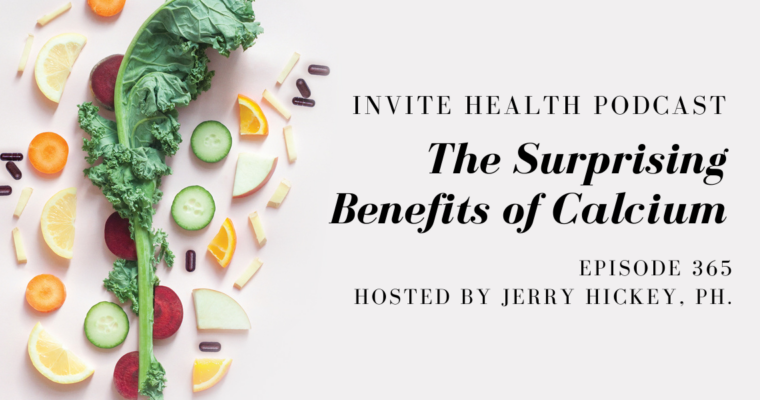
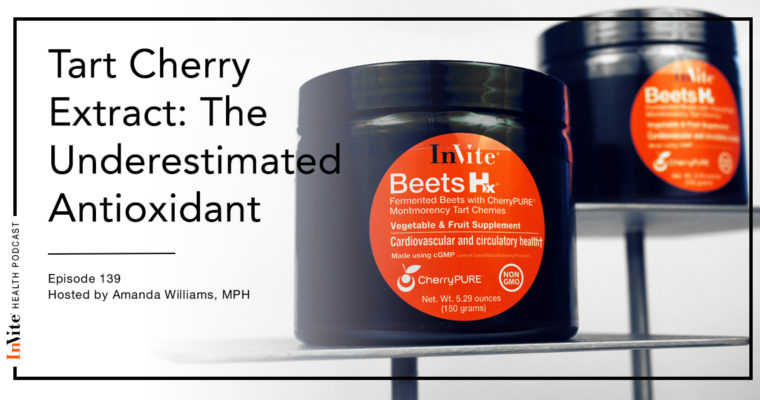
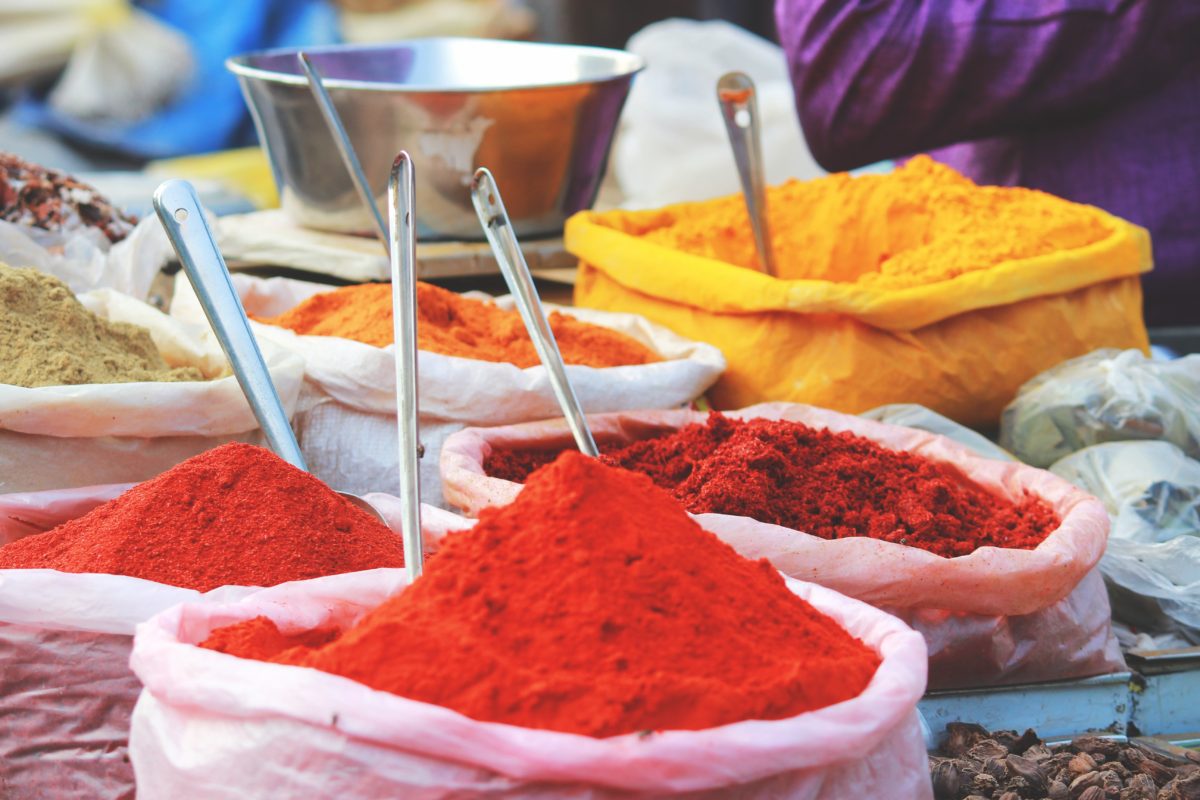
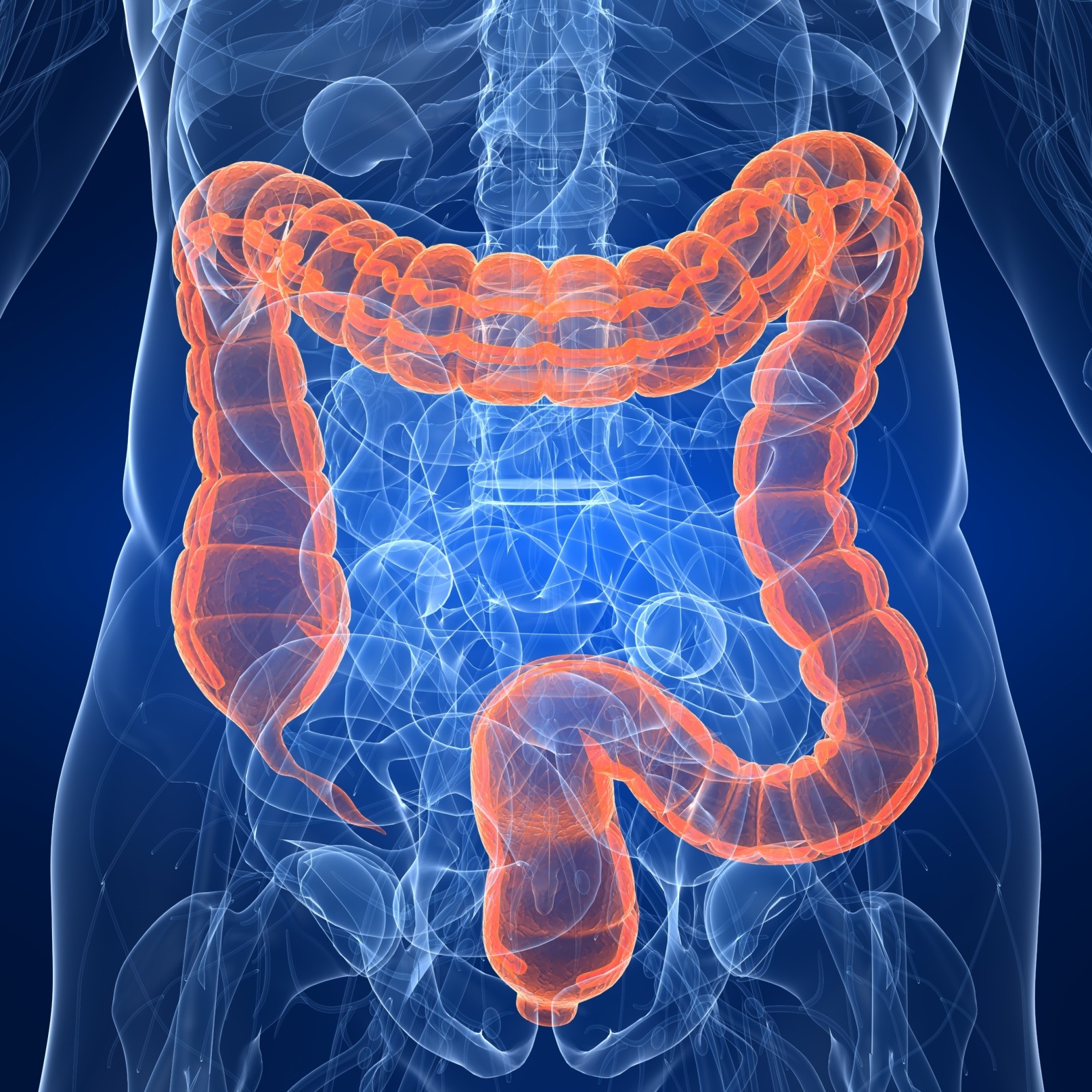


 Collagen Addresses All Aspects of Joint Health
Collagen Addresses All Aspects of Joint Health